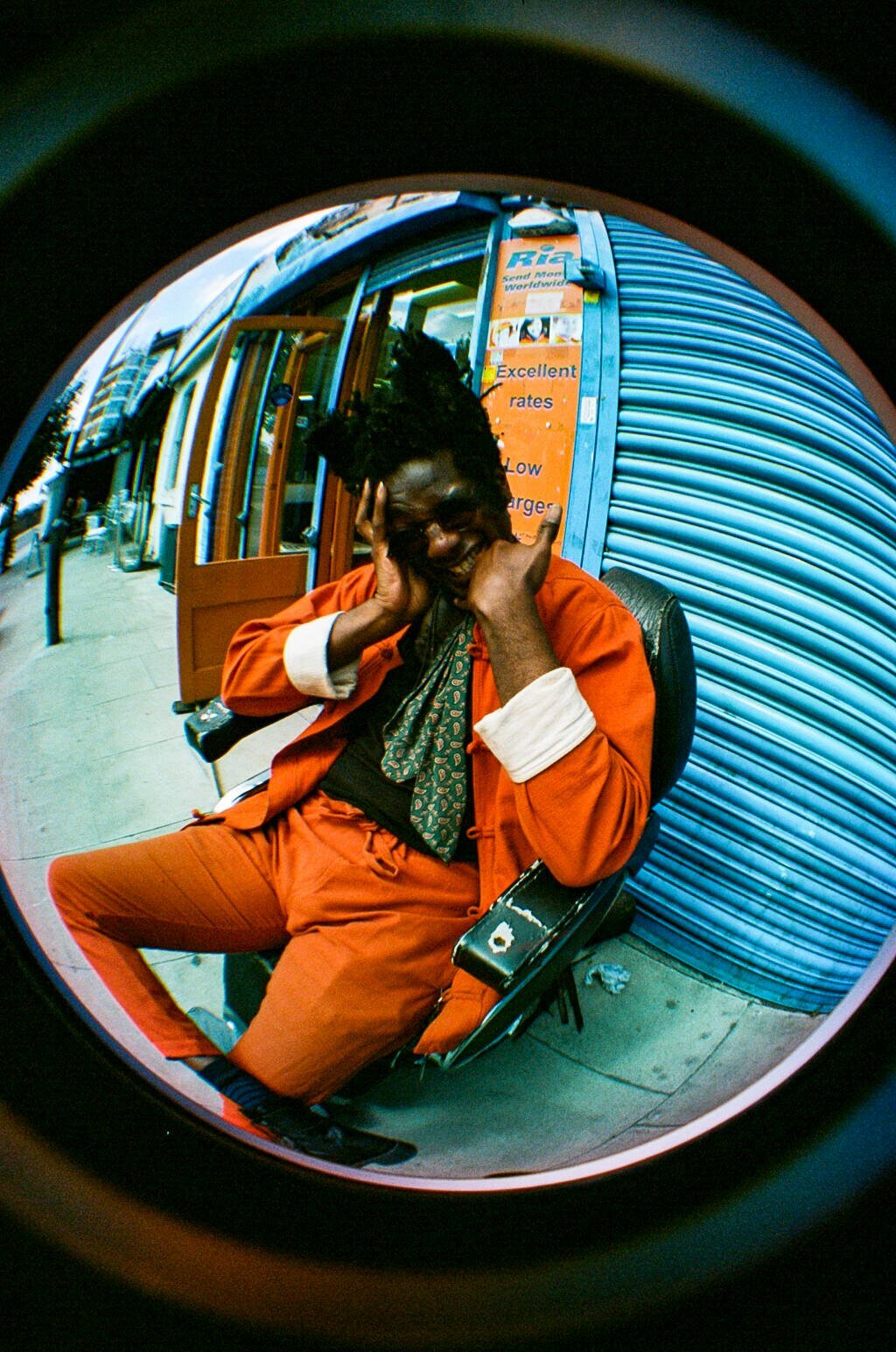Don’t ask L.A. Salami to play his greatest hits — this British singer-songwriter who grew up between Kent and South London says he grows detached towards his older songs very quickly after releasing them. It’s partly due to his desire to keep his music and creative approach as firmly in the present moment as possible. This might explain why Ottoline, his new album, is such a genre-hopping, undefinable piece of work. Besides his brilliant music, he has one foot in the world of fashion and has collaborated with Burberry. He chats about viewing his music career as non-linear, and the big sonic leaps he has taken with Ottoline.
Born Lookman Adekunle Salami, his father was absent during his coastal and city upbringing (he lived between Peckham and Ramsgate) and his first few years were spent in a foster home, which has imprinted upon him a longstanding feeling of being an outsider.
Creativity was always completely intuitive for Salami, inspired by visual art, music, the written word, and an early desire to be the next Spielberg. Over the years, his songs, which combine folk, blues, acoustic, rock and plenty more, have entered the millions on streaming platforms, in particular, I Can’t Slow Her Down and Day to Day for 6 Days a Week.
Some have pinpointed Salami’s breakthrough moment as happening in 2012, with several key events happening: he was chosen to support Lianne La Havas on tour, and was signed to London independent label Camouflage Recordings.
And then Burberry got in touch; Christopher Bailey, their Chief Creative Officer, reached out to perform at a Burberry acoustic session, and he even got to open a 2014 fashion runway show.
It’s 4pm on a Monday afternoon, and Salami joins the Zoom call with his phone camera aimed so that Headliner can only see the ceiling and intermittently his silhouette and his vast shadow. I ask how his day has been so far, and he replies “short”. It’s a fairly safe bet that Salami is not a morning person.
“It was the ‘90s when I was growing up in Peckham,” Salami says, with a yawn occasionally breaking up his sentences. “It was a lot rougher than it is now; I actually quite appreciate how it is today, to be honest.
"Everything shapes you, and Peckham has definitely been an ingredient for my perspective on life.”


